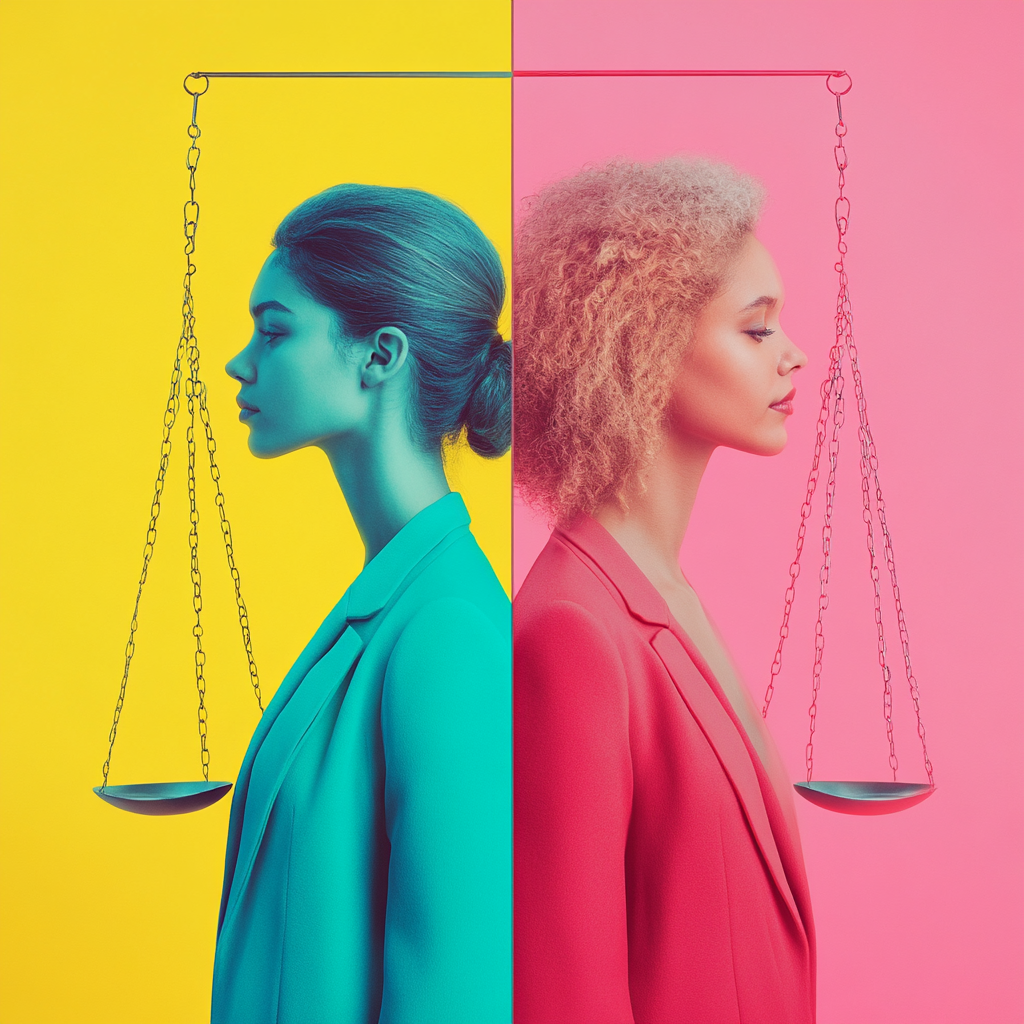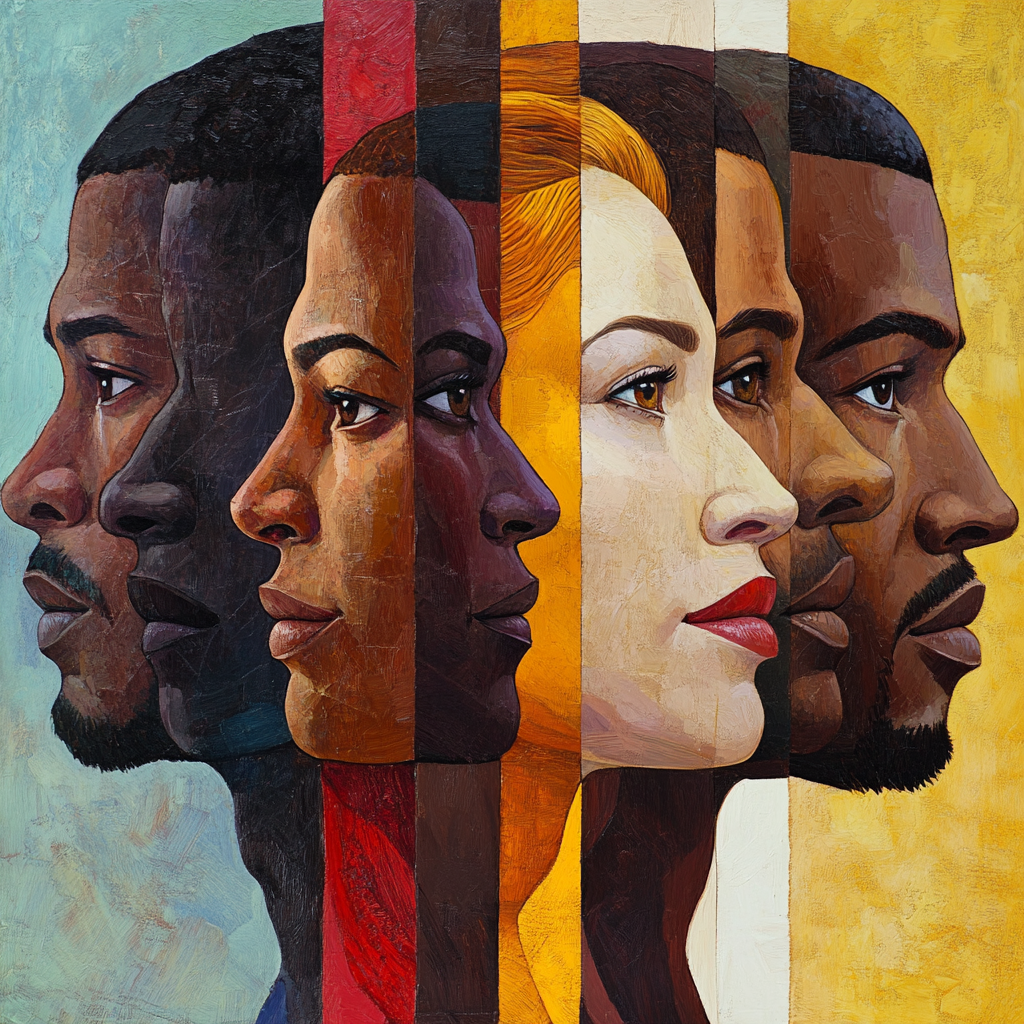Let's explore the difference between equality and equity. Equality, the idea of treating everyone the same, sounds like it would solve everything, right? But as we'll see, real fairness often requires more than just equal treatment. This brings us to the roots of feminism and how it has evolved.
Feminism began in 1848 when women rallied for the right to vote, better access to education, and control over their own bodies. But why did women need these rights in the first place? In Eurocentric societies, only two sexes - male and female - were acknowledged, which shaped laws, customs, and expectations. Meanwhile, many cultures in Africa, Asia, and among Indigenous communities recognized more than two genders. European missionaries often worked to replace these diverse beliefs with Christianity, which enforced a rigid binary that also placed men above women. Ironically, this meant that even white women in these societies faced oppression.
Feminism seeks to make the rights, choices, and opportunities of men and women equal, at least within white-dominated societies. White women first gained the right to vote on Pitcairn Island in 1838, the chance for education in Massachusetts in 1803, and access to many workplaces after World War I. Today, equal pay is still a huge issue, but countries like Germany have made significant strides toward gender equality.


Here's the catch: traditional feminism, sometimes called "white feminism," has often overlooked other marginalized groups. It doesn't necessarily include people who are non-binary, transgender, or from different racial backgrounds. It also often skips over people who face multiple layers of discrimination, like women of color, people with disabilities, or those from the LGBTQ+ community. Feminism started as a movement to create equality, but it's often been limited in its focus.
So, where do we go from here? Equity is about understanding that different people face different barriers and giving them the specific support they need. While equality is giving everyone the same resources, equity means giving each person the resources they need to succeed. Feminism has helped, but for it to fully support all genders and identities, it has to go beyond equal treatment to actually creating equity.
Thanks for sticking with me on this! It's a lot to think about, but understanding these distinctions is how we move towards a more inclusive world.
Desta - Decolonial city tour
+49 152 2108 6724
info@dekolonialestadtfuehrung.de or info@decolonialtours.com
Are you a journalist and interested in writing about us? Please feel free to contact us.
Imprint | General Terms and conditions | Privacy policy | © Copyright 2025 deSta- Decolonial city tour